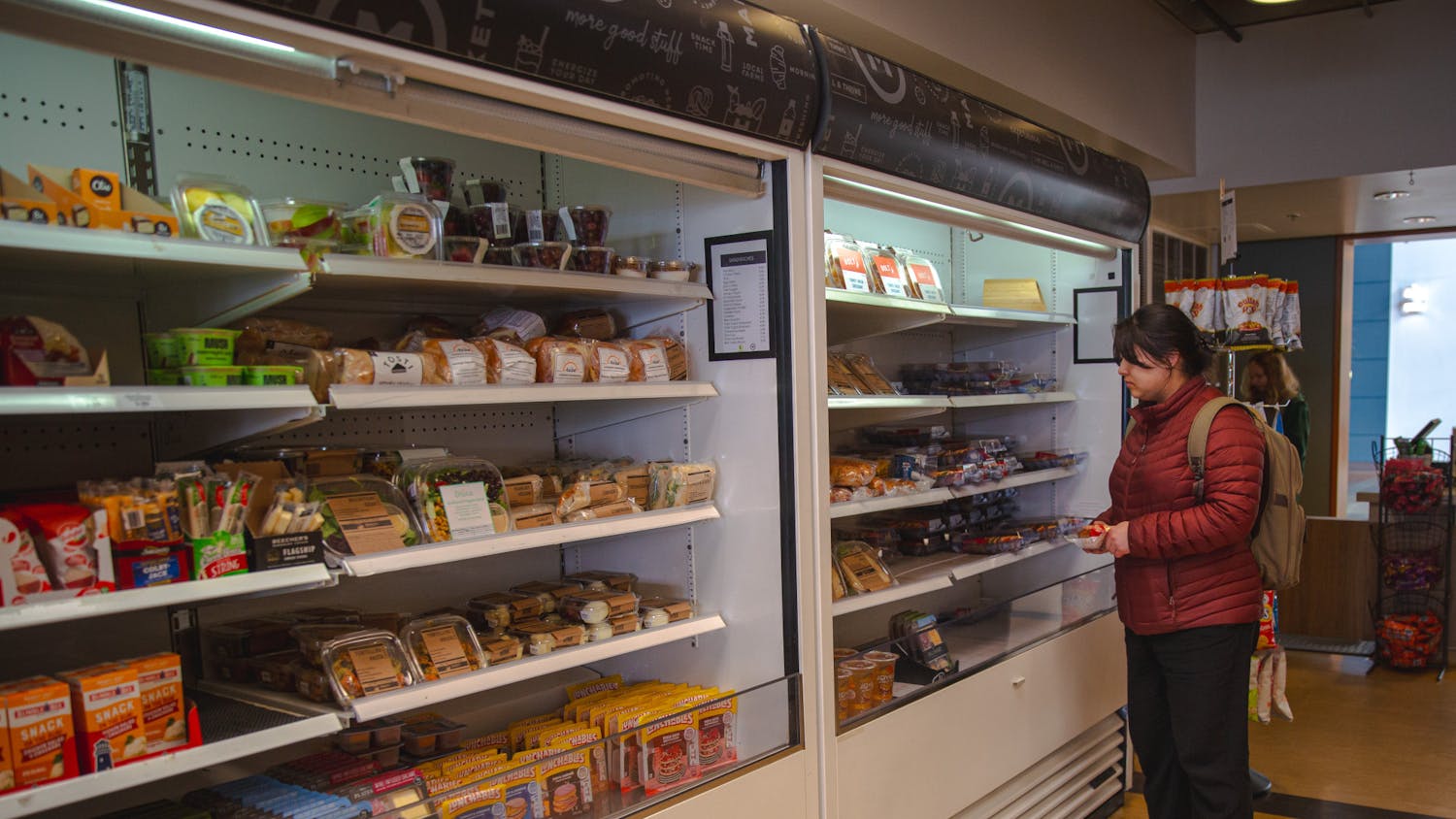By Lauren Gallup With significant state funding directed towards Western’s College of Science and Engineering in the past five years, the University Planning and Resources Council discussed pre-proposals for funding for the next state budget request, with discussion around funding for the College of Ethnic Studies. Associated Students vice president for governmental affairs Natasha Hessami is a voting member of the University Planning and Resources Council. Hessami asked the council on May 8 if the university and UPRC would be choosing to focus more funding to other departments, as opposed to Science, Technology, Engineering and Math focuses. UPRC chair Jeff Newcomer, said he couldn’t answer Hessami’s question on STEM funding, but it is something the council will be looking into over the next year. Hessami said she recommends that the council and the university focus on directing funds to other colleges besides those in STEM. Over the last five years, the College of Science and Engineering received around $22.2 million in state funding in 2018, $20.5 million in 2017, $18.9 million in 2016, $18.2 million in 2015 and $16.5 million in 2014, according to Western’s Operating Budgets. “The [Washington State] Legislature is the most progressive legislature in [the] twenty years I’ve been in the state of Washington. If there were ever a time for a non-STEM decision package to be supported in the legislature, this seems like the time,” John Bower, faculty of Fairhaven College of Interdisciplinary Studies and a voting member of the council said. “In terms of external appeal, STEM has the external appeal.” Eleven proposals were discussed at the council meeting, including a pre-proposal to revitalize the College of Ethnic Studies. “People were really excited about [the ethnic studies proposal]” Julia Sapin, faculty of College of Fine and Performing Arts and voting member of the council, said. Council members discussed the difficulties, such as structure and presentation, within the pre-proposal. “The Ethnic Studies initiative is cross discipline, it’s across colleges,” Bower said. “That in itself is a difficulty.” Going forward, the council said they will offer feedback to authors of pre-proposals to help amend them. “I think that we need to pay attention to University Planning and Resources Council and how its structured, who’s on it, and realize [these structural elements] have real impacts,” Bower said regarding funding decisions made by the university. Stephen McDowall, professor in the College of Science and Engineering and a voting member of the council, said the UPRC feedback survey only measured preparedness and not the council’s enthusiasm for proposals. “We’re all very supportive and we want more than anything for this [the Ethnic Studies initiative] to come back as a strong proposal — but it’s got to come back as a strong proposal,” McDowall said. Bower said non-STEM initiatives might have the opportunity to receive more funding than they have in the past. “There’s a moment right now where non-STEM things have a much better shot,” he said. Western recently received funding for STEM access in the 2019-21 budget passed into the state legislature passed last month, according to Newcomer. Newcomer said the UPRC receives pre-proposals for funding different initiatives from across the university in preparation for the 2021-23 budget. UPRC then reads through the pre-proposals and offers feedback so that the authors can edit their proposals. According to Newcomer, the UPRC will receive full proposals from the 11 pre-proposals that were offered to the committee, which will result in a formal recommendation to Western’s President Sabah Randhawa, Newcomer said. Other pre-proposals include; a Center for Global Health and a Humanities Center, as listed in UPRC’s meeting agenda from April 17.





